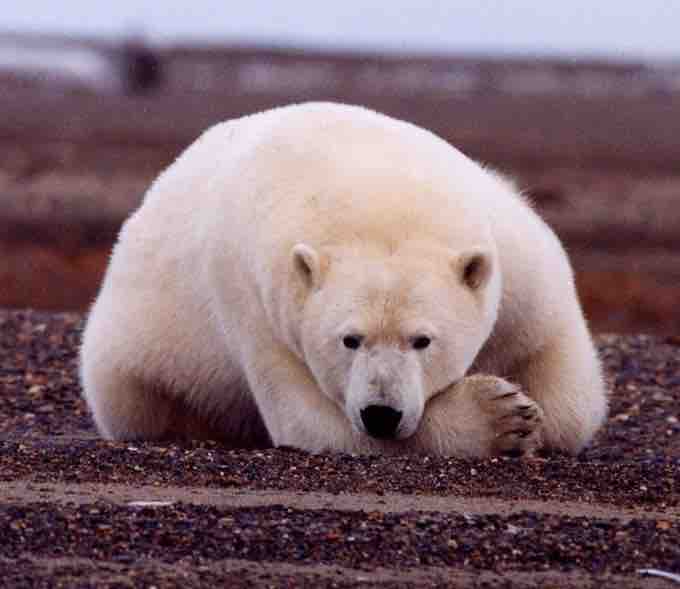Global Warming
Global warming, or climate change, is the idea that the actions of human beings are drastically changing weather patterns on the planet, including the temperature. Most scientists agree that the Earth has warmed significantly in recent years. The warming is particularly true around the poles . This is causing polar icecap melting and a degradation of the protective ozone layer. Most scientists are also confident about the anthropogenic drivers of climate change. However, there is a great deal of division over the question of how important these changes are and what should be done about it.

Arctic Wildlife
Global warming is disproportionately affecting the polar regions, and changing the landscape for arctic wildlife like the polar bear.
One of the key problems is that the immediate effects of climate change are likely to be felt by counties with less political and economic clout. These include many countries in the global south and island nations that will be impacted if the sea levels rise.
One aspect that has been identified as important in slowing down climate change is the reduction in greenhouse gases, also referred to as carbon emissions.
Because of the global impact of these emissions, international treaties have tried to address the issue. The Kyoto Protocol was one such treaty, first introduced in Kyoto, Japan in 2005. While 191 countries had ratified the agreement by September 2011, the U.S. was not one of them.
Another idea for slowing down carbon emissions is a cap-and-trade system. This is a market-based system that would see limits, or caps, set on the amount of greenhouse gasses that could be emitted. Companies would purchase permits for a certain level of emissions. A market for these permits would be created so companies that produced lower levels could trade their permits with companies that wished to pollute at a higher rate.
As with all environmental policy, global warming policies can be quite contentious because competing interests get involved in the policy-making and implementation process. One difficulty is that the process has become highly politicized. Republican politicians often questioning the science behind climate change. Add to that the difficulty that is caused by highly influential business lobby groups, and it becomes apparent why it is so difficult to pass legislation to try and slow climate change.